Reflecting on 2024, the Center for Open Science (COS) is proud of the progress we’ve made toward a more open and transparent research ecosystem. Our mission to increase openness, integrity, and reproducibility of research has been strengthened by innovative initiatives, improved tools, and a reimagined approach to scholarly publishing that prizes transparency and rigor.
This year, the global research community achieved significant victories for open science. International funding agencies and research institutions have implemented robust transparency standards, while initiatives like the Barcelona Declaration on Open Research Information have united diverse stakeholders around common principles for data sharing and accountability. Global policy reforms have set clearer expectations for reproducibility and openness. Furthermore, COS convened the Year of Open Science Conference, bringing together over 1,300 researchers from 28 countries to drive collaboration and dialogue. These advances affirm that scientific progress must be rooted in rigorous research and collective effort.
At COS, we remain steadfast in our commitment to ensuring that scientific progress is evidence-driven. Science must be an open system where claims and evidence are rigorously examined and where no single entity dictates the truth. Looking ahead, we are excited about the innovations on the horizon and the growing global community dedicated to building a more credible, inclusive research landscape.
Thank you for your continued support as we work together to build a future of credible, reproducible, and impactful science.

Brian Nosek
Executive Director
Center for Open Science


George Banks
Board Chair
Center for Open Science
The Open Science Framework (OSF) is a community-driven platform that supports researchers at every stage of their work—from initial planning and data collection to analysis and sharing. By making research more transparent and collaborative, OSF empowers scholars to advance their work effectively. Here are some key numbers that highlight our progress this year:
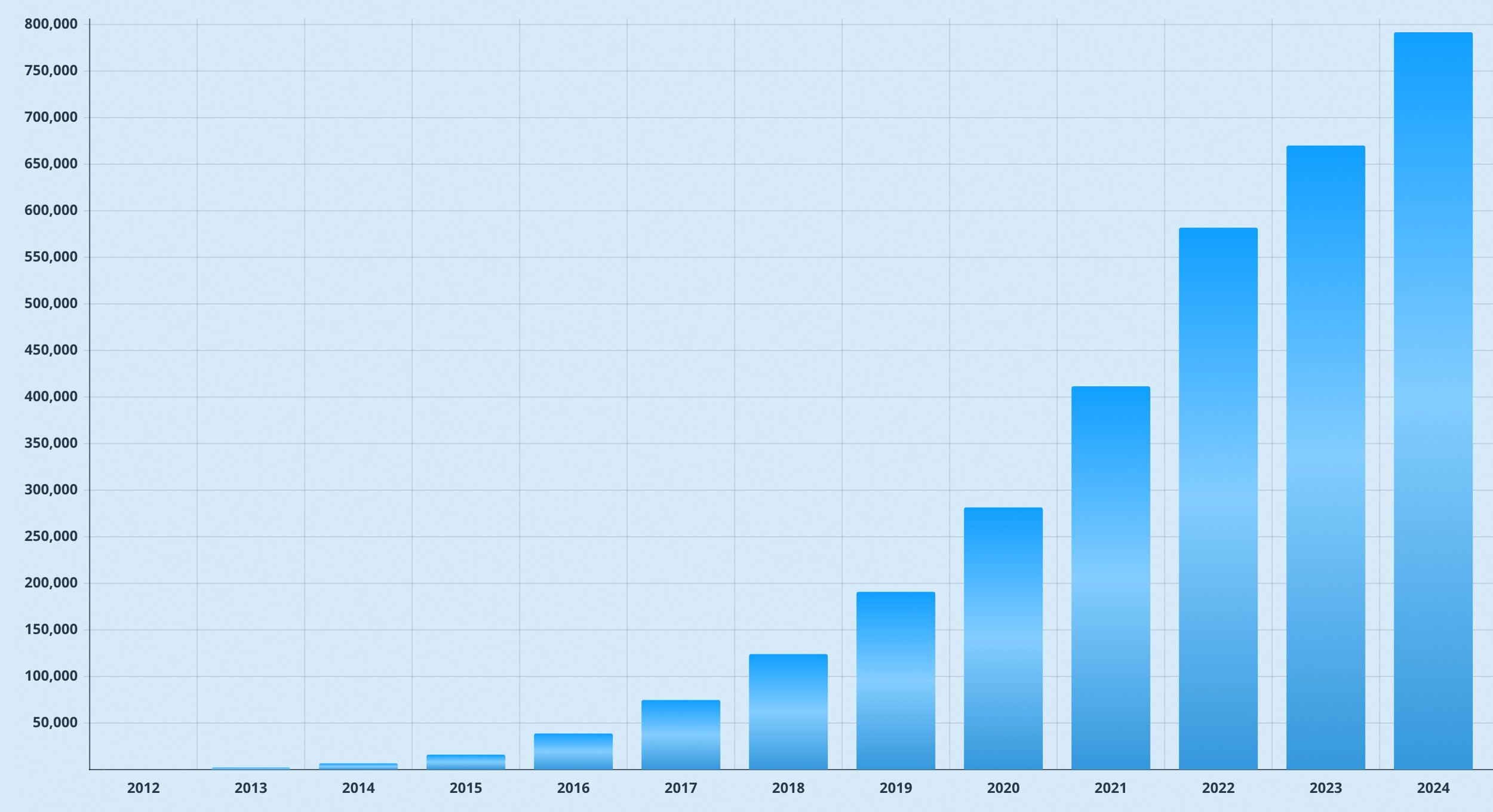
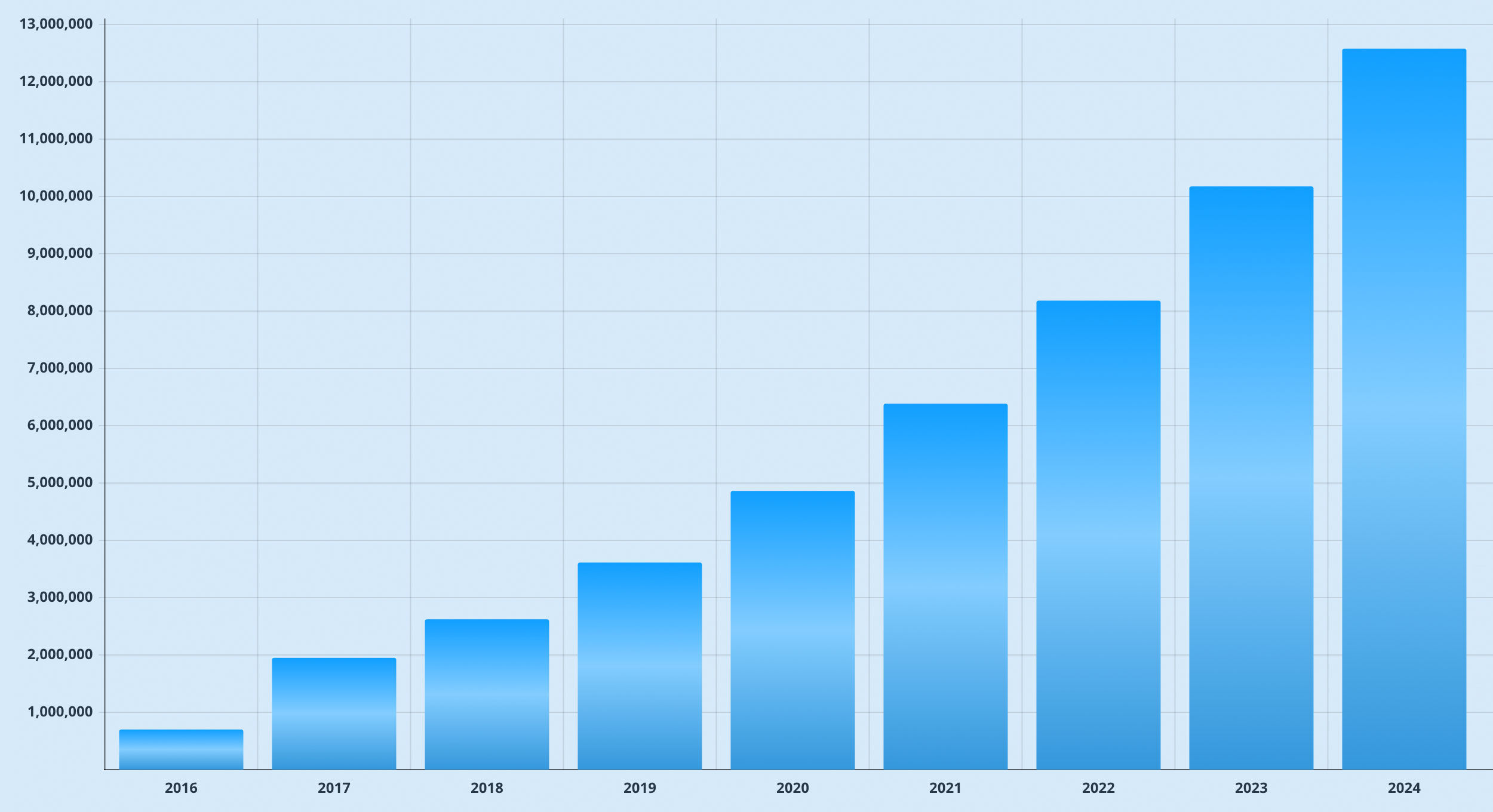
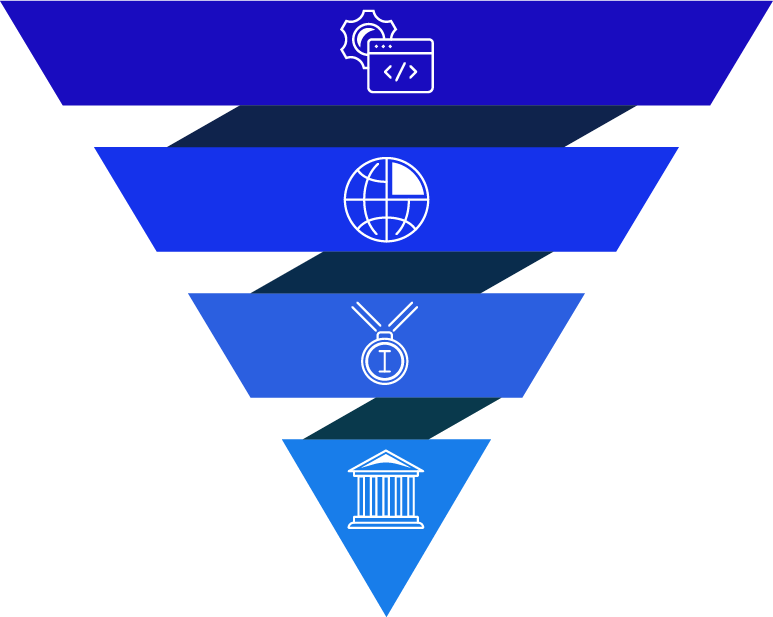
Reimagining Research Infrastructure
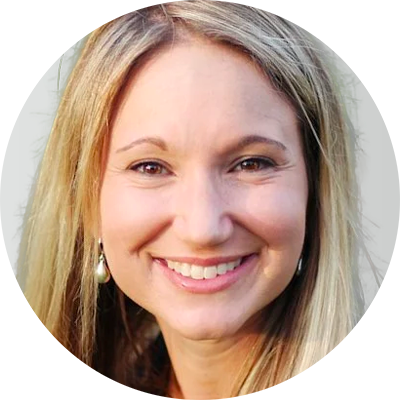
Nici Pfeiffer, Chief Product Officer, reveals the evolution of OSF and discusses why changing incentives is vital for mainstreaming open science (The Scholarly Kitchen).
Transforming Research with Open Science Leadership
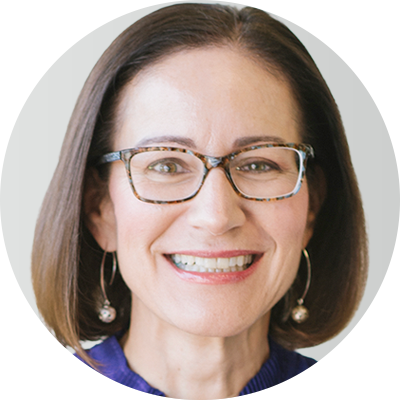
Lisa Cuevas Shaw, COS Chief Operating Officer and Managing Director, discusses how open science is more than just open access (Discovery Arc).
Shifting the Culture of Research

Brian Nosek, Executive Director of COS, explains how making transparency a normative practice can change the research landscape (Freakonomics).
Pushing for Greater Inclusivity in Open Science

Tim Errington, Senior Director of Research at COS, highlights the spectrum of openness and how open science balances transparency with ethical and practical considerations (Times Higher Education).
Nearly 40 virtual events and webinars were held in 2024, with over 10,000 total registrants.
Year of Open Science Conference
Supporter Engagement Series: Enabling Research Innovation
Advances in Research Evaluation: Large-Scale Efforts in the US and Worldwide
Transforming Research with Data Curation Practices
VCU’s Data Science Lab Champions Open Science
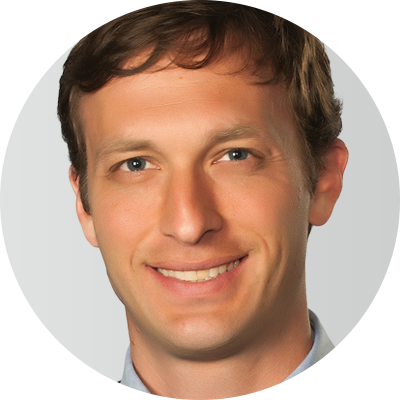
Timothy York, Director of the Data Science Lab, VCU, discusses how as an OSF Institutions member Virginia Commonwealth University’s Data Science Lab is transforming research culture through courses, workshops, and collaborative efforts with VCU Libraries.
Bringing Taiwan Indigenous Peoples into Focus

Dr. Ji-Ping Lin, Academia Sinica, sheds light on Taiwan Indigenous Peoples through his TIPD open dataset hosted on OSF. By bridging decades of missing data, his work provides critical insights into population dynamics and informs policy that helps ensure Indigenous voices are heard.
Uncovering the Impact of Public Libraries on Community Well-Being
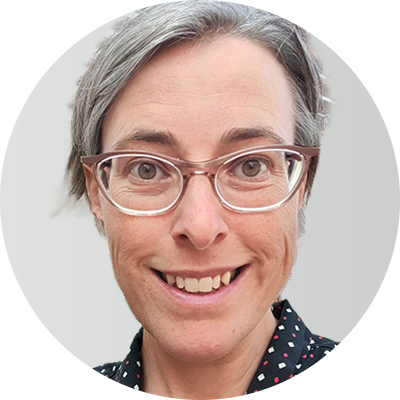
Margo Gustina, University of New Mexico, explores how rural public libraries serve as vital hubs that strengthen community connection and improve quality of life.
Yale Law School Champions Open Legal Scholarship
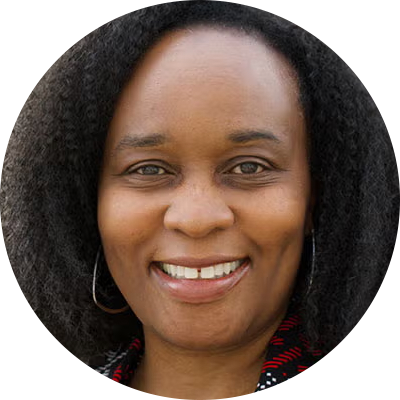
Femi Cadmus, Law Librarian and Professor of Law, Yale Law School, explains the goal of Yale Law School launching Law Archive in 2024, a new preprint service built on the OSF infrastructure that enables free and open access to legal research.


6218 Georgia Avenue NW, Suite #1, Unit 3189
Washington, DC 20011
Email: contact@cos.io

Unless otherwise noted, this site is licensed under a Creative Commons Attribution 4.0 International (CC BY 4.0) License.
Responsible stewards of your support
COS has earned top recognition from Charity Navigator and Candid (formerly GuideStar) for our financial transparency and accountability to our mission. COS and the OSF were also awarded SOC2 accreditation in 2023 after an independent assessment of our security and procedures by the American Institute of CPAs (AICPA).
We invite all of our sponsors, partners, and members of the community to learn more about how our organization operates, our impact, our financial performance, and our nonprofit status.